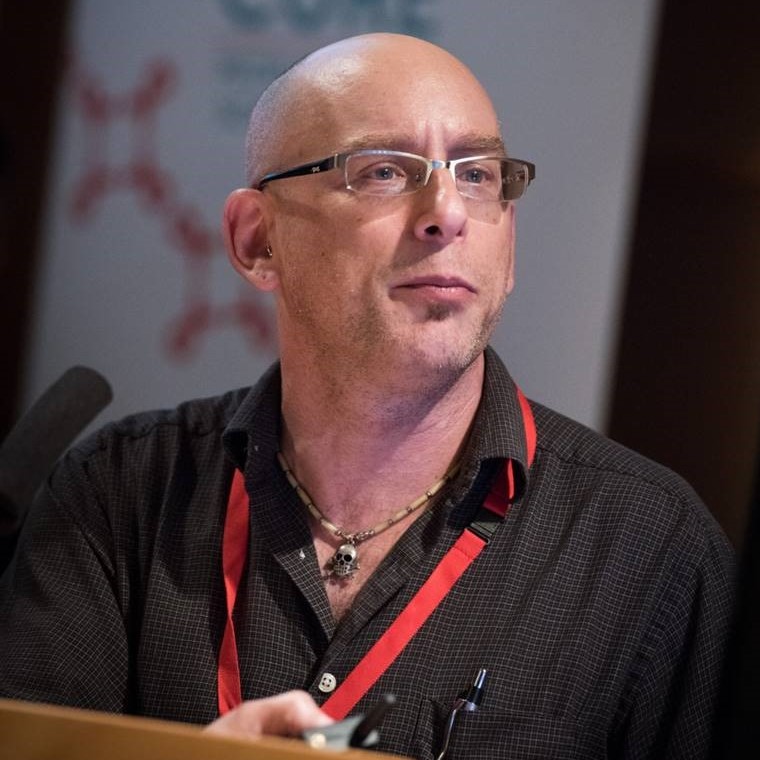
25 Mar Designing and Presenting Your Scientific Poster
Register below to receive Zoom link
Event Video
Description
During this session you will learn some rough guidelines on what to include in each section of a scientific poster and how to pitch that content when you have to present at a conference or online. Included in this will be suggestions on how to make your poster more engaging, as well as some tips to avoid producing a terrible poster.
Event Materials
17 MBPRESENTATION – Designing and Presenting Your Scientific Poster892 KBHANDOUT – My Terrible Poster58 KBHANDOUT – Resource Links
Learning Objectives
At the end of the session, participants will:
- List three design choices to make a poster more engaging to increase the effectiveness of their message.
- Describe two suggestions how to make the presentation of their poster more impressive and compelling.
Schedule of Activities
- 12:30-12:35pm – Welcome and Introductions
- 12:35-1:55pm – Presentation + Q&A
- 1:55-2:00pm – Thank You and Feedback Survey
About the Speaker
 Michael Louella has worked in HIV treatment research for 20+ years, engaging communities affected by HIV in Seattle and across the U.S. in clinical trials towards the treatment and potential elimination of HIV. From 2009 to 2014, he served as the Chair of the Outreach, Recruitment and Retention Subcommittee for the AIDS Clinical Trials Group, teaching the network’s members and protocol chairs design techniques to make their flyers and posters more effective and pleasing. Michael currently serves on the national steering committee for The Reunion Project, the national alliance of long-term survivors of HIV, collaborating with local and national HIV advocates, providers and researchers to create events for HIV long term survivors in the Seattle area.
Michael Louella has worked in HIV treatment research for 20+ years, engaging communities affected by HIV in Seattle and across the U.S. in clinical trials towards the treatment and potential elimination of HIV. From 2009 to 2014, he served as the Chair of the Outreach, Recruitment and Retention Subcommittee for the AIDS Clinical Trials Group, teaching the network’s members and protocol chairs design techniques to make their flyers and posters more effective and pleasing. Michael currently serves on the national steering committee for The Reunion Project, the national alliance of long-term survivors of HIV, collaborating with local and national HIV advocates, providers and researchers to create events for HIV long term survivors in the Seattle area.







